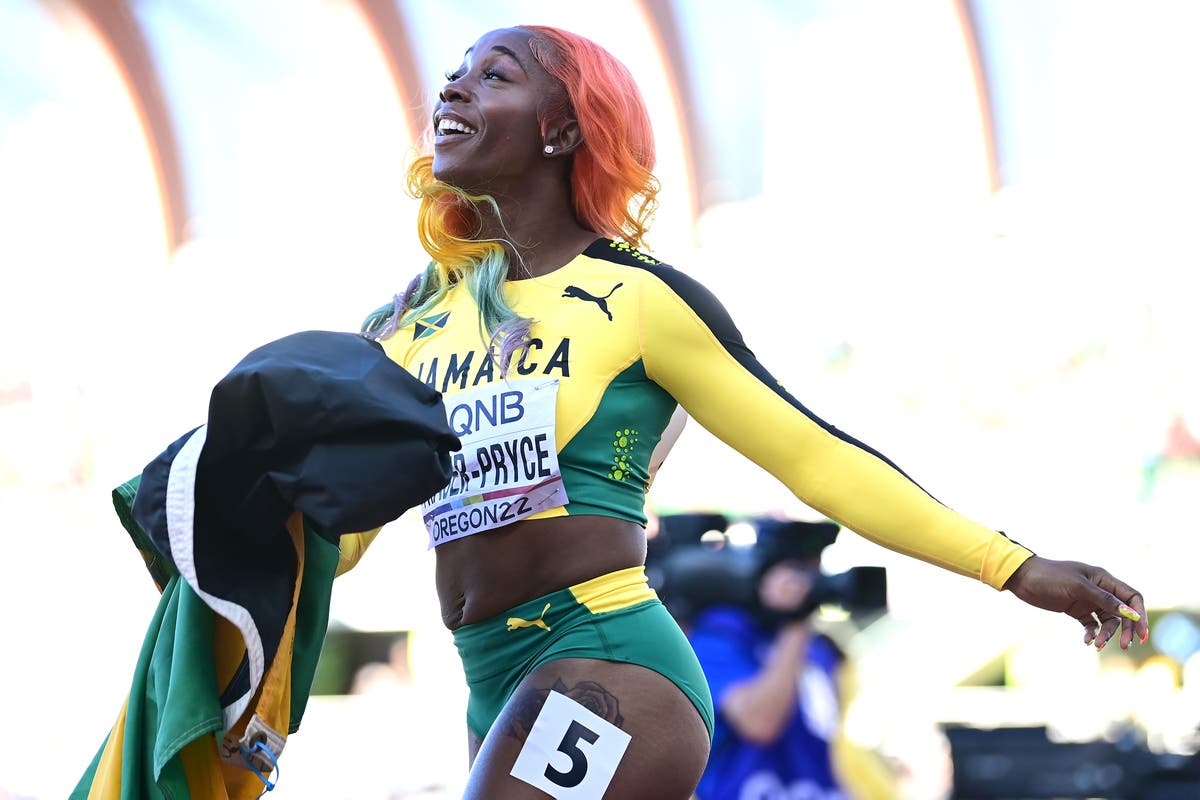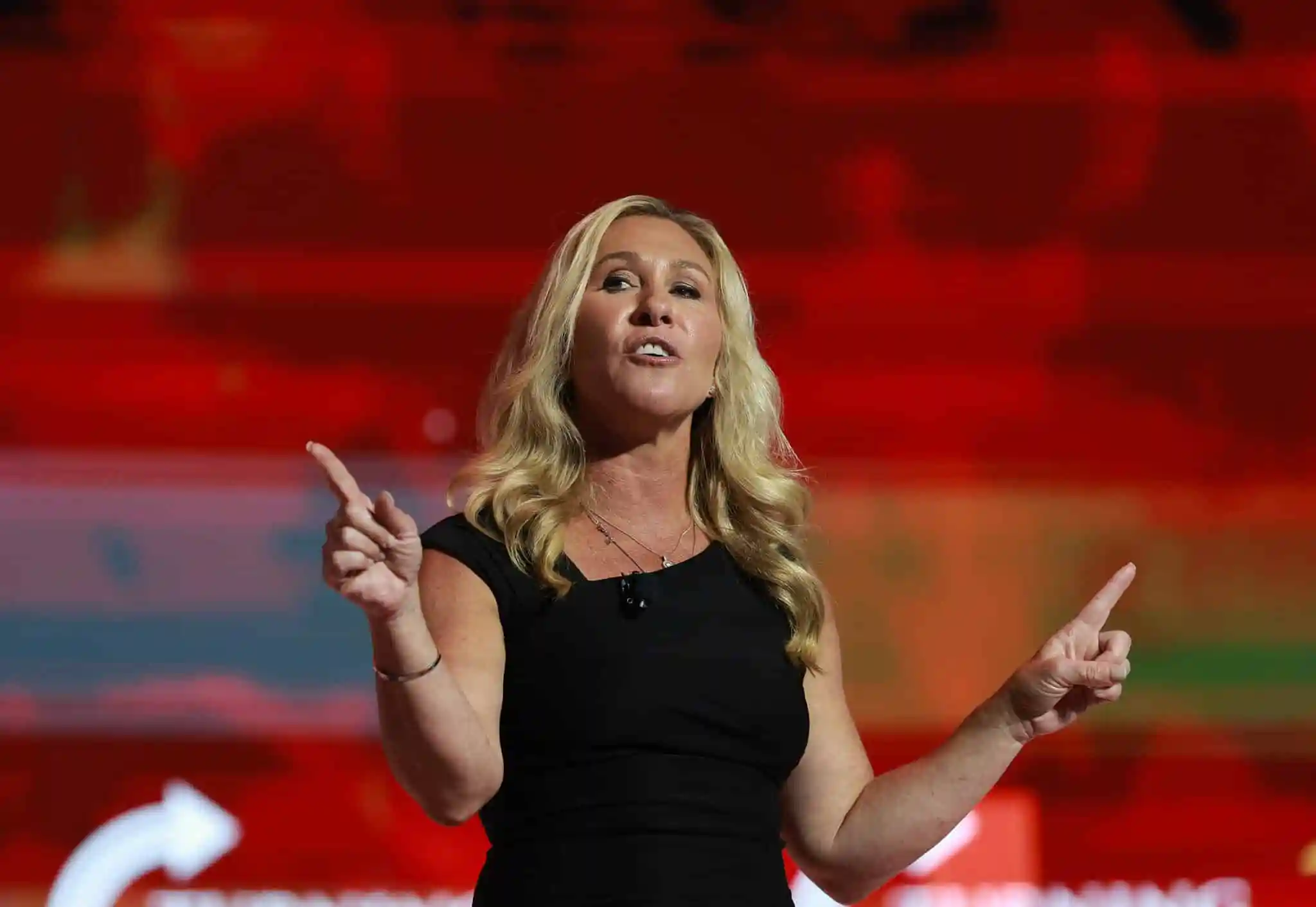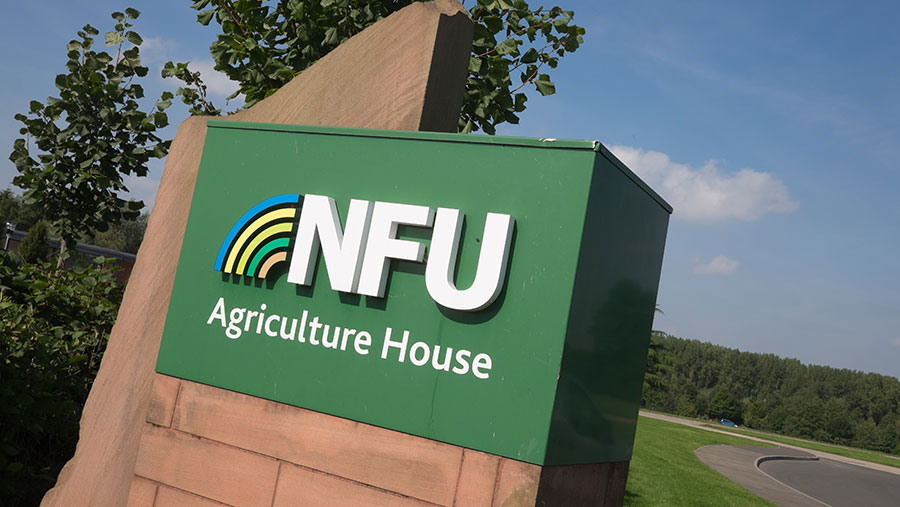[ad_1]
Range and inclusion within the office is a delicate subject. Individuals are afraid to get issues incorrect or to make use of the incorrect phrase. It doesn’t assist that the phrases concerned are complicated.
You may have most likely encountered these ideas at a compulsory coaching session, a office occasion, or on Twitter. They typically contain many years of advanced scholarship being lowered all the way down to a single phrase, and, as such, they will simply be misrepresented.
However for any progress to be made, and for actual range and inclusion to be achieved, attending to grips with what they really imply is essential. Right here then are six of probably the most embattled ideas.

_ This text is a part of Quarter Life, a sequence about points affecting these of us in our twenties and thirties. From the challenges of starting a profession and caring for our psychological well being, to the thrill of beginning a household, adopting a pet or simply making associates as an grownup. The articles on this sequence discover the questions and produce solutions as we navigate this turbulent interval of life._
Chances are you’ll be fascinated by:
‘We’re her actual mum’: lesbian mother and father face healthcare challenges
How racism and a scarcity of range can hurt our workplaces
CEOs are hindering LGBTQ+ equality within the office
1. Allyship
As soon as restricted to LGBTQ discussions (as in “straight ally”), this time period grew to become common in 2020 following the homicide of George Floyd. As its 2021 Phrase of the Yr, dictionary.com defines allyship as:
The standing or function of an individual who advocates and actively works for the inclusion of a marginalised or politicised group in all areas of society, not as a member of that group however in solidarity with its wrestle and viewpoint and beneath its management.
Allyship, then, isn’t about waving the proper flag through the appropriate month, or getting drunk at Pleasure with colleagues (nicely, not simply that). It’s an motion phrase that requires motion; like training (of self and others), efficient activism, constant advocacy and utilizing your platform or privilege (see under) to amplify the voices of marginalised others.
If, for instance, your office did the white-text-on-a-black-square factor on social media in June 2020, and nothing else, they had been most likely partaking in performative allyship. This sort of superficial present of solidarity mainly advantages these performing it, versus the group struggling the discrimination.
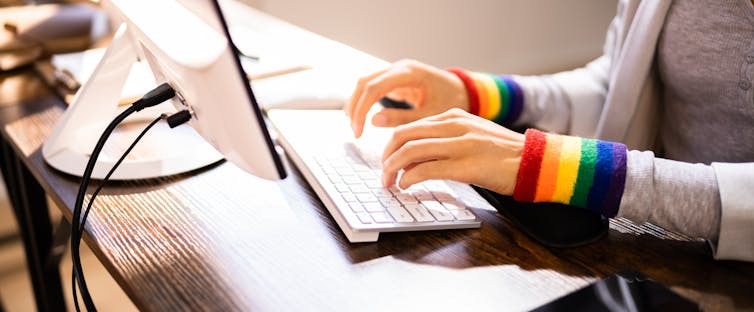
Andrey_Popov | Shutterstock
2. Class discrimination
Inside UK society, working-class folks face inequalities associated to, for instance, entry to sought-after unpaid internships, getting into greater managerial {and professional} jobs and their common wage as soon as in these jobs.
But the idea is well understood – we now have all seen snobbery in motion (see John Cleese’s basic 1966 sketch with the Two Ronnies). Nevertheless, the misunderstanding right here considerations not the definition of the idea, however the legality of the discrimination.
Social class just isn’t protected within the Equality Act 2010, the piece of UK laws that outlaws discrimination within the office. This typically surprises folks, presumably as a result of it seems like one thing that ought to be lined by laws – and certainly it’s, in over half of all European international locations. Simply not within the UK.
3. Intersectionality
This time period is usually vilified, however its which means is definitely simple. Each particular person has a number of intersecting identities (age, class, gender, sexuality, race and so forth) which might result in particular outcomes, significantly in relation to discrimination or privilege.
White ladies, Black males and Black ladies might face some frequent points within the office – a pay hole, for instance. However analysis exhibits that the latter group typically face challenges particular to how their identities as each ladies and Black folks intersect.
The time period misogynoir was coined to designate the particular kind of discrimination that Black ladies face. This will manifest as medical misdiagnoses; racial variations in ache administration after giving beginning; pervasive, dangerous stereotypes reminiscent of that of the “offended Black lady”; and gendered racist abuse of the sort directed at former Labour Shadow Dwelling Secretary Diane Abbott through the 2017 election.
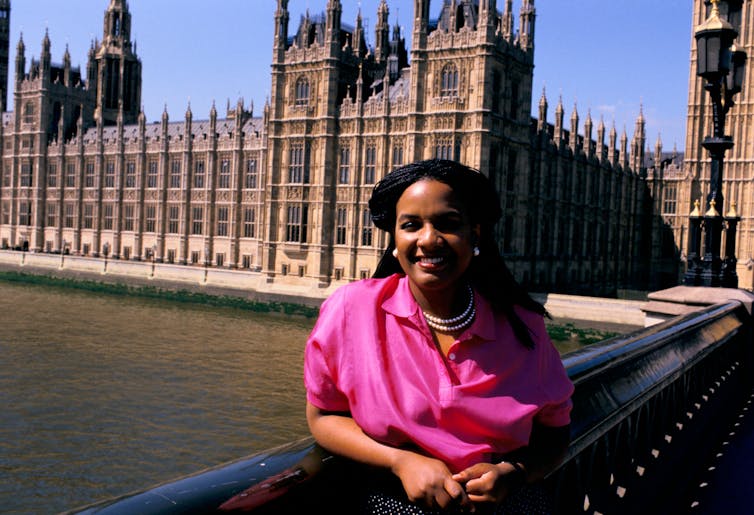
peter jordan / Alamy Inventory Picture
4. Gender pay hole
To not be confused with equal pay. “Equal pay” means paying a person and lady equally if they’re doing the identical work: this can be a authorized requirement. The gender pay hole, in the meantime, is the distinction in common hourly earnings between all women and men in a particular firm, sector or nation.
Analysis exhibits that it may be brought on by each old school discrimination and in addition variations in what economists name human capital: the financial worth of an worker’s training, coaching, expertise, expertise, well being and different traits. Girls’s expertise and profession selections are sometimes affected by gendered expectations concerning child-rearing and the broader division of labour within the household. There are different pay gaps too, relating, amongst different traits, to race, to sexual orientation and to incapacity.
5. Privilege
Usually (and mistakenly) used interchangeably with “privileged”. To wit, the Conservative MP Jonathan Gullis, made headlines in October 2021, when he defied any “left woke warrior to go to Stoke-on-Trent North, Kidsgrove and Talke and take a look at inform the folks there that they’re in some way ‘privileged’”.
As activist Janaya Khan has put it, privilege doesn’t check with what you’ve gone via, however what you haven’t needed to undergo. It designates the benefits, and/or lack of disadvantages, that anyone particular person might need due to who they’re.
“White privilege”, due to this fact, doesn’t imply that white persons are at all times privileged. It does imply, nevertheless, {that a} white particular person residing in Kidsgrove is not going to have to think about whether or not they’ll face discrimination – whether or not out buying, going to high school or enjoying soccer – merely due to their pores and skin color. That may be a particular drawback they don’t must even take into consideration. And it’s the not having to consider that’s the privilege.
6. Pronouns
Gender identification and gender presentation are usually not at all times aligned. Typically one’s gender identification evolves over time. The transfer to be specific about which pronouns we wish folks to make use of when referring to us within the third particular person – because the American singer Demi Lovato did in 2021, once they got here out as non-binary – is usually a method to sign one’s gender identification.
A current viral video confirmed a person, when requested what pronouns they use, rejecting the entire thought by replying, “I don’t do pronouns”. Sharing your pronouns in case you are cisgender (that’s, not trans) is straightforward, nevertheless, and indicators solidarity with trans and non-binary folks.
It’s also useful as a result of we are able to’t at all times assume we all know what somebody’s gender identification is. Misgendering (calling somebody by the inaccurate pronoun) can contribute in direction of the stress a trans particular person experiences as a minority. Current tribunal choices have talked about that common, deliberate misgendering might be thought-about discrimination. For those who make a real mistake, although, apologising and correcting your self “want be no extra sophisticated than correcting your self after getting somebody’s identify incorrect”.
[ad_2]
Source link

